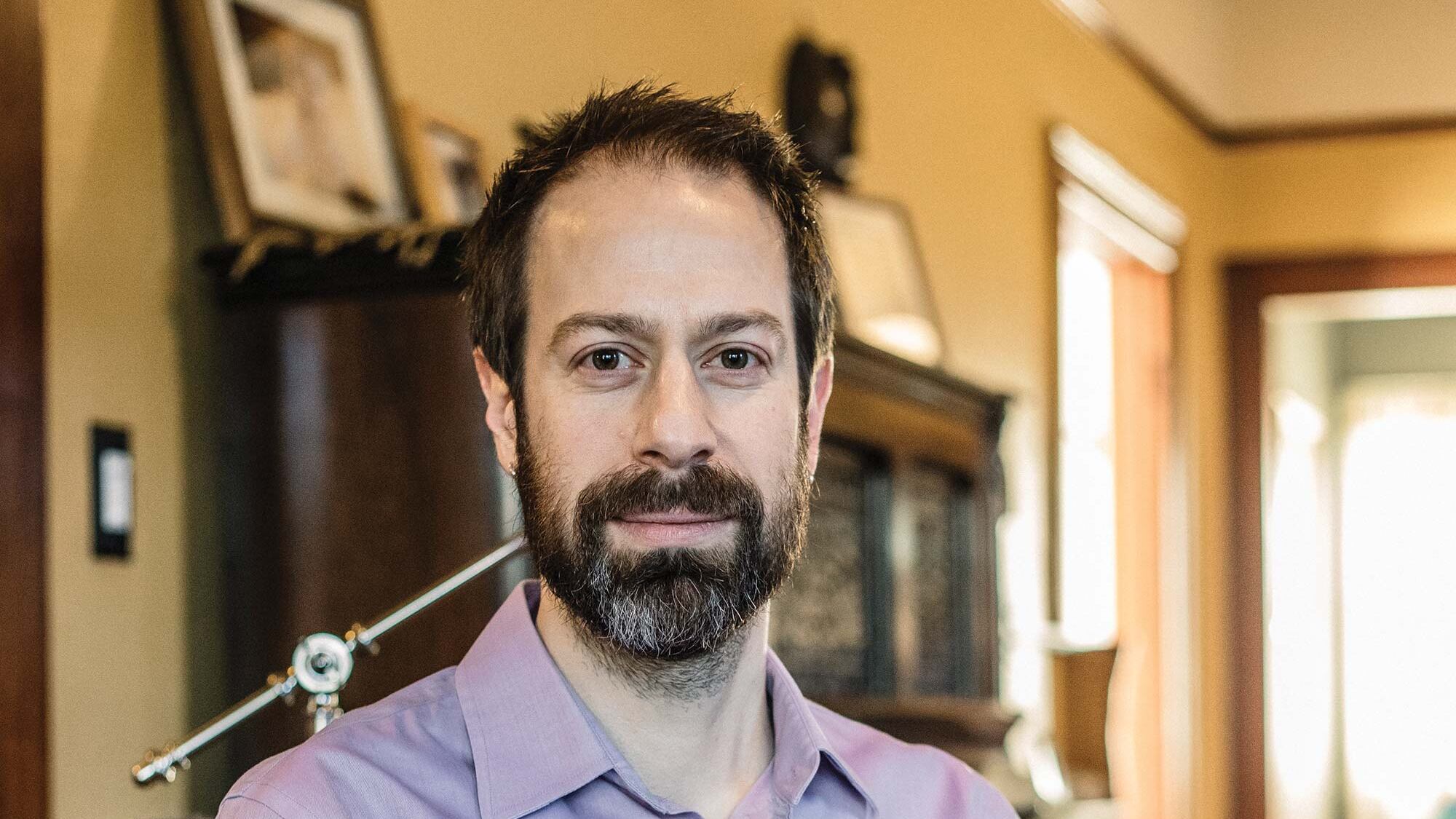Some doctors say Oregon's low vaccination rates are an indictment of the medical system. In 2017-18, nearly 7 percent of Oregon's kindergartners had not had a measles shot, while in Mississippi, less than 1 percent had skipped it.
One solution is legislation to pressure parents to vaccinate. Another is Dr. Joel Amundson. "Many of us [doctors] don't feel adequately prepared to provide information in an appropriate, useful fashion for parents," says Amundson.
He doesn't just talk the talk. Last Thursday, March 14, he was walking the walk, hanging out at Hammer and Jacks, a toy store on Southeast Foster Road, meeting with parents and others with questions about vaccines.
"Dr. Joel," a bike-riding, bearded pediatrician clad in Western-style flannel and blue jeans with a silver ring in each ear, was relaxed as he spoke about vaccines to several families in the room.
Amundson, 42, volunteers with Boost Oregon, an organization founded in 2015 by Nadine Gartner, who was then working as a trial lawyer.
When she got pregnant, she was surprised to discover that parents in her own social set bought into anti-vaccine myths. "I noticed that lots of smart, educated parents were choosing not to vaccinate or delay vaccination," she says.
She decided to do something about it. She works as the executive director for the organization, holding monthly meetings for concerned parents.
Her tool? Amundson, a human foil to Google searches and internet misinformation.
In front of eight parents—and one toddler climbing a playset—Amundson talked about vaccines, correlations and causations. He used a humorous chart that showed a link between divorce rates and margarine consumption in the state of Maine. This is a correlation, much like there has been growth both in autism diagnoses and the number of vaccines. It doesn't mean one is causing the other.
A mom told Amundson a story of a doctor strong-arming her into getting a vaccine she didn't want. He was sympathetic.
"It's unfair to patients who don't have an opportunity to learn this stuff," he told the parent. "Most people make really good choices for their kids if they have this information. It's just they don't have that information. That's why I do this."
Amundson urges parents to be patient with doctors, who are sometimes pushy because they fear patients will be harmed if they are not protected. He counsels doctors to provide information to patients.
Amundson says objections to vaccines have been around since vaccines arrived. He says skeptics are looking for something to reinforce their sense of distrust—not following the evidence. When manufacturers removed mercury from the preservative in vaccines, for example, skeptics shifted their focus to aluminum. "It's a feeling in search of something to blame it on," says Admundson.
If Oregon requires parents to vaccinate or pull their kids from school, that new law may create more work for doctors and this small nonprofit.
"We're trying to change the culture of immunization," says Gartner. "There's so much fear and anxiety. We want people to feel love and confidence. In our experience, if we empower people with the best information, they choose to immunize."
